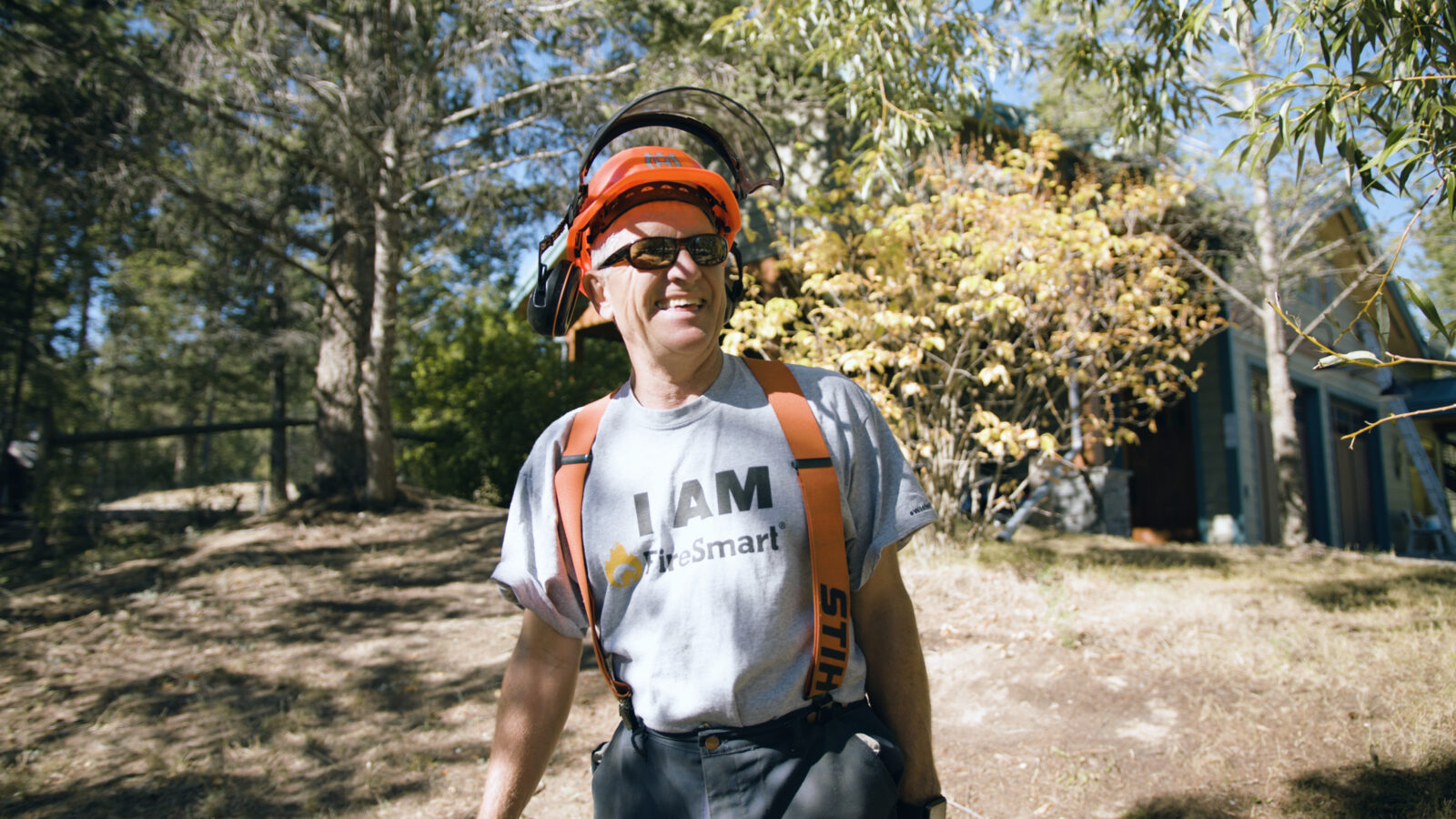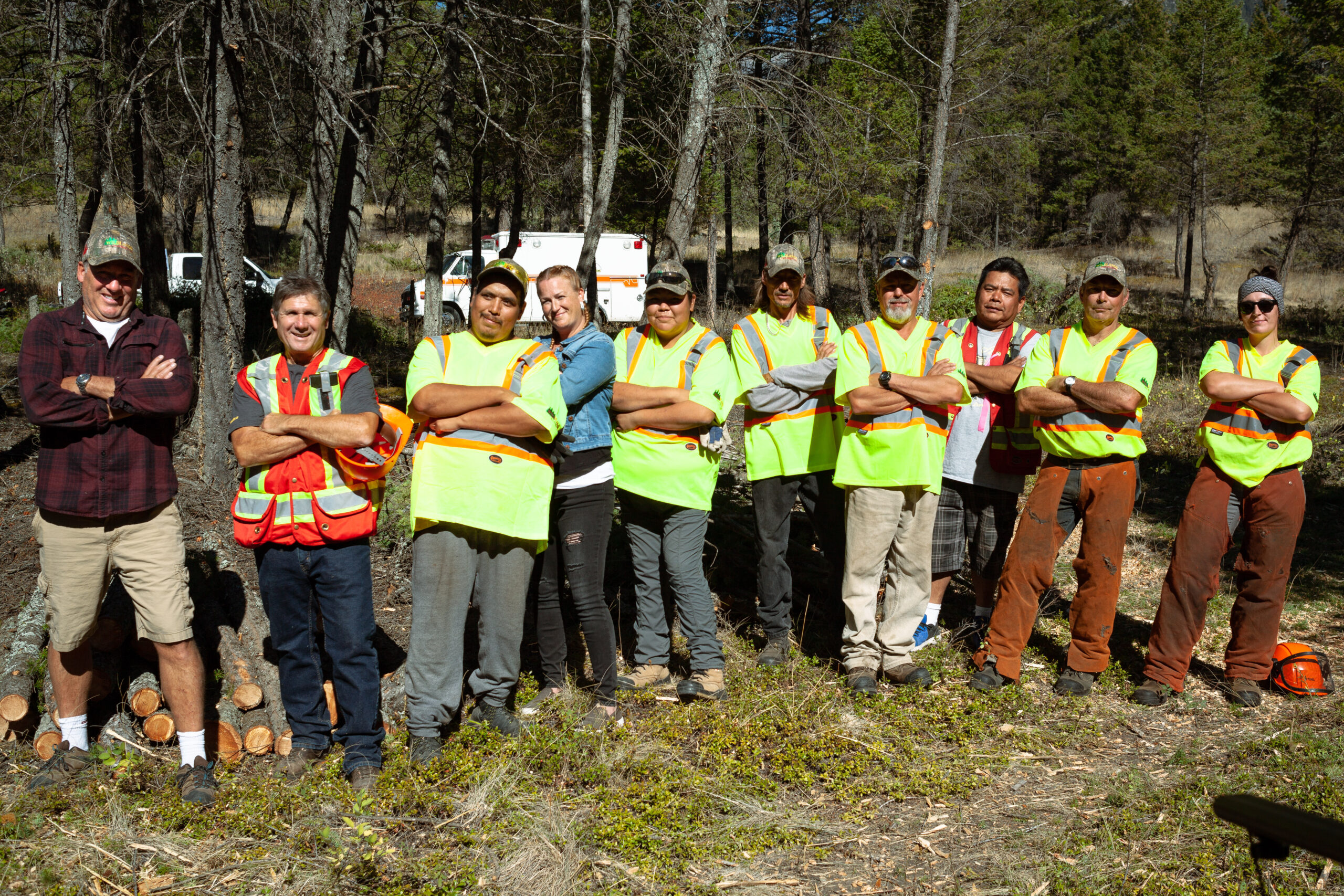Provincial funds are available to help protect communities against wildfires, but the application deadline for 2021 is fast approaching.
Implementing FireSmart principles is a proven and highly cost-effective way of mitigating the threat posed by wildfire, but planning and implementation typically require some degree of front-end spending, particularly for community-wide measures. For this reason, in 2018, the BC government introduced its Community Resiliency Investment (CRI) program, ensuring broader and earlier access to preventive measures.
Local governments can apply for CRI grants under FireSmart Community Funding & Supports, which is administered by the Union of British Columbia Municipalities, or UBCM. (The CRI program also includes Crown Lands Wildfire Risk Reduction grants, which are overseen by the Ministry of Forests, Lands, Natural Resource Operations, and Rural Development.)
CRI grants can be used to defray several types of costs associated with conducting FireSmart work in and around a community, including (but not limited to) additional staff time, advertising, meeting room rentals, printing (booklets, posters, etc.), specialized services (e.g. disposal of flammable materials), and transportation. Upon request, applicants also receive non-financial resources, including free educational, planning, and publicity materials, from FireSmart BC.
Take Captain Simon Chadwick, a Fire Safety Inspector in Langford. In an email testimonial, he writes that in spite of the COVID pandemic, he and his colleagues found several ways to put their CRI grant to good use. They used good old-fashioned printed signs to raise awareness among a city-wide audience of, well, everyone: young or old, resident or visitor, motorist or pedestrian. They harnessed social media to distribute detailed information and posters promoting various aspects of fire safety, directly reaching almost 10,000 people in the region. For those most at risk, they brought out FireSmart booklets featuring easy-to-follow and potentially life-saving instructions – and dropped them off by hand at more than 300 residential properties in areas vulnerable to wildfire.
In addition to awareness and education, the Langford effort included practical assistance, including a specially designated day for pickup and disposal of yard waste. For good measure, Chadwick and his team also handed out disposable ashtrays to help reduce the number of discarded cigarette butts, which remain a leading cause of wildfires.

Now write your own success story. To make the most efficient use of your time, we encourage you to start by checking out the UBCM’s official guide to the application process, then review FireSmart BC’s own CRI resources page. Consulting these materials will help you and your colleagues get a handle on applicable procedures, identify priorities, determine and design appropriate solutions, and estimate cost and other requirements.
Once you’re ready to apply, just go to the UBCM’s main CRI page, which also includes a variety of their own planning aides, as well as a link to their official application form. And remember: the deadline is October 9, so time is of the essence.
